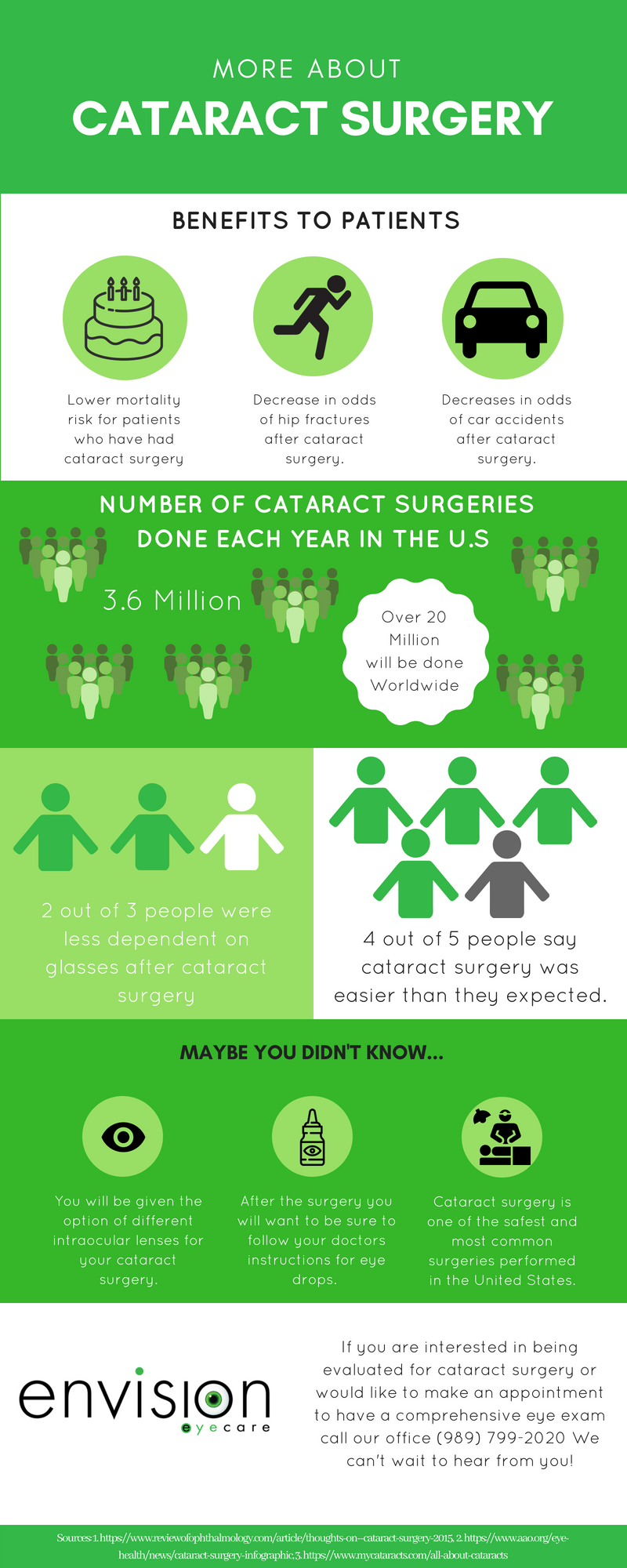Helping A Loved One Undertaking Cataract Surgery: Insights From A Caregiver'S Viewpoint
Helping A Loved One Undertaking Cataract Surgery: Insights From A Caregiver'S Viewpoint
Blog Article
Published By-Bynum Patterson
As a caretaker sustaining an enjoyed one facing cataract surgery, your function is important in ensuring their convenience and recuperation. From pre-surgery preparations to post-operative care, your visibility and help can make a substantial distinction in their journey. Understanding the emotional and physical obstacles they might run into, providing useful aid, and being their pillar of support are key elements in this procedure. Keep in mind, your function goes beyond simply supplying support; it has to do with being a source of strength and convenience during a significant phase in their life.
Comprehending Cataract Surgical Treatment Process
Discovering the steps associated with cataract surgery can aid reduce any type of stress and anxiety or unpredictability you may have regarding the procedure. Cataract surgical treatment is a typical and extremely effective treatment that includes getting rid of the cloudy lens in your eye and replacing it with a clear synthetic lens.
Prior to the surgery, your eye will be numbed with eye drops or a shot to guarantee you do not feel any type of pain throughout the procedure. The surgeon will certainly make a little incision in your eye to access the cataract and break it up using ultrasound waves before carefully removing it.
As soon as the cataract is gotten rid of, the synthetic lens will be placed in its location. The whole surgical procedure usually takes about 15-30 minutes per eye and is normally done one eye at once.
After the surgical procedure, you might experience some mild discomfort or blurred vision, but this is typical and should boost as your eye heals.
Readying for Surgery Together
To ensure a smooth and hassle-free experience, getting ready for cataract surgical treatment with each other can make a substantial difference in your enjoyed one's journey. Start by going to pre-surgery examinations with them. In this manner, you can ask inquiries, recognize the procedure, and provide emotional support.
Help them organize their pre-operative instructions, drugs, and transport to and from the medical center. See to cataract surgery after effects is ready for their recovery by setting up a comfortable room with simple accessibility to necessary things.
Assist them in arranging for post-operative treatment if required, such as help with dishes or home tasks. Encourage them to comply with the doctor's guidance regarding fasting before surgery and drug methods.
Comfort them that you'll be there for them every step of the means. By proactively participating in the preparation procedure, you can reduce anxiety and make sure that your loved one really feels supported and looked after throughout this important time.
Post-Operative Treatment Tips
After cataract surgery, offering appropriate post-operative care is vital for your liked one's recuperation. Ensure https://www.webmd.com/eye-health/cataracts/intraocular-lens-implant wear the safety guard over their eye as advised by the physician. Help them provide suggested eye declines and medicines in a timely manner to avoid infection and aid recovery.
Urge your liked one to avoid touching or rubbing their eyes, as this can result in complications. Help them in adhering to any kind of restrictions on bending, raising heavy things, or participating in difficult activities to prevent strain on the eyes. See to it they participate in all follow-up appointments with the eye medical professional for checking development.
Maintain the eye area clean and dry, avoiding water or soap directly in the eyes. Urge your loved one to wear sunglasses to secure their eyes from brilliant light and glare throughout the recovery procedure. Be patient and helpful as they recover, supplying aid with day-to-day jobs as needed.
Conclusion
To conclude, sustaining a liked one via cataract surgical treatment involves existing every step of the means, from pre-surgery prep work to post-operative treatment. Your emotional support, useful support, and encouragement can make a substantial difference in their recuperation procedure. By remaining notified, organized, and conscientious to their needs, you can help guarantee an effective outcome and give them with the convenience and confidence they need during this challenging time.
